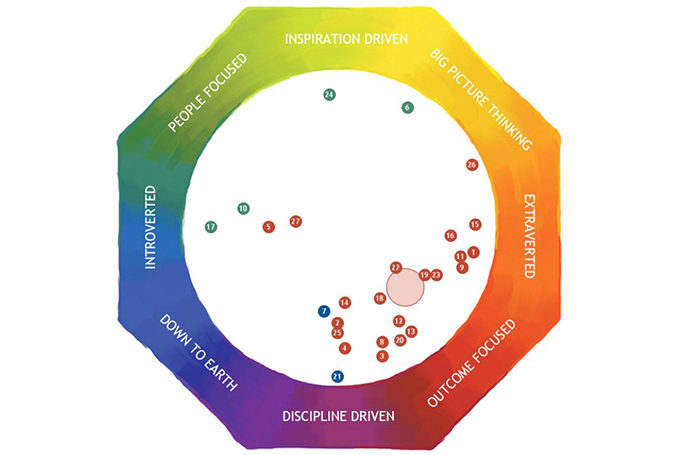Remember when you were a kid and you had a fight with one of your siblings, and then Mom or Dad would intervene with some wise words about getting along, usually ending with: “Now say you’re sorry.” And you and your sibling, avoiding even a hint of eye contact, would mumble, “Sorry.”
Fast forward to adulthood. Has anything changed? Not really. “I’m sorry,” “I apologize,” or simply, “Sorry” are pretty much the standard perceived solutions to a wide range of offenses, oversights and errors.
Well, my friends, apology not accepted. While you can’t go back and undo whatever the offense or error was, a few robo-words in response to it do not in any way compensate, nor do they make the offended party feel any better. You need to take ownership, acknowledge the impact of your error or offense, and assure the other person that it won’t happen again. In other words, you need to be sincere about it. Saying “sorry” and being sorry are not the same thing.
Imagine this scenario. You’re on a project team with four other people. The target project completion date is looming, and your deliverable is key to hitting that target. You’ve had a hellish couple of weeks. Family issues, and “fires” in your day-to-day responsibilities have put you behind. You didn’t alert anyone, because you were so sure you’d be able to catch up. The day of reckoning – the status meeting – has arrived. How do you convey “mea culpa” to your team?
A. I’m really sorry, folks. Between family issues and fighting fires there was just no way I could get it finished. I know it puts us behind, but it just couldn’t be helped.
Or…
B. I realize that my slipping this deadline has put our hitting the target date in peril. I should have given you a heads up early last week when I first recognized I might not make it. I didn’t, and I know that was irresponsible. Here’s what I’m going to do to get us back on track, and how I’ll prevent things like this in the future…
As a member of the project team, which would convey more sincerity to you?
I’m on a mission to encourage more kindness and courtesy in people’s day-to-day lives. Promoting sincere apologies is part of that. We’ve seen multiple examples of insincere apologies from politicians and other public figures. A recent article in The Atlantic, “The Art and Science of Apologizing” dissects a few of them.
Let’s move the tide in a different direction by: 1) taking ownership; 2) acknowledging the impact; and 3) assuring the injured party that it won’t happen again.
Call your sibling and give it a try.
Till next time,
Karen









